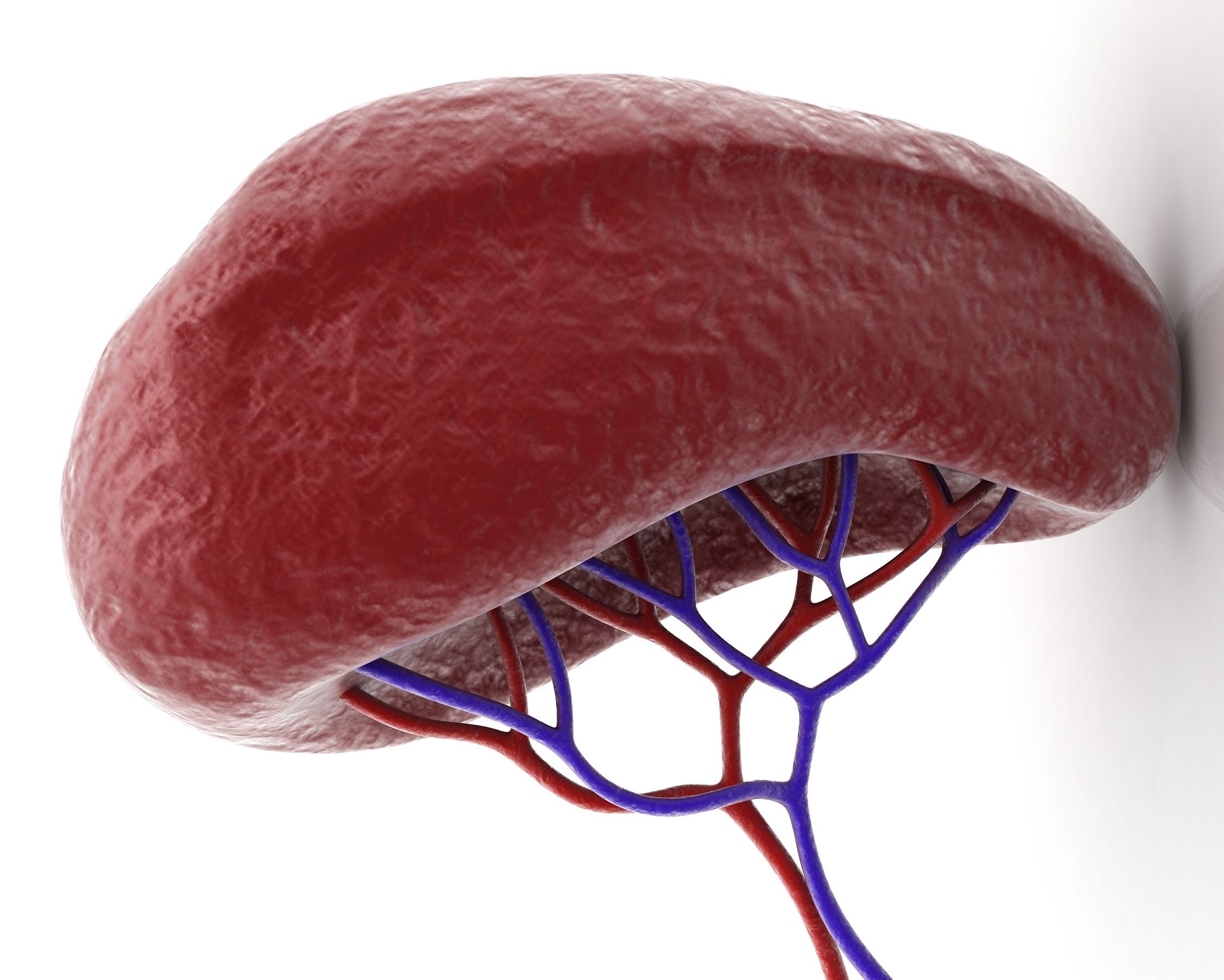The Spleen
The spleen is located on the left hand side of the abdomen underneath the ribs and is usually the size of a small fist.
Functions of the Spleen
Immune System – The spleen helps the body fight infections by removing bacteria from the blood stream. In particular the spleen helps to protect people from encapsulated bacterial infections.
Filter – As blood flows through the spleen any old or damaged red blood cells are broken down.
Storage tank – The spleen stores red blood cells and platelets. In the event of significant blood loss, the spleen releases this store into the circulating bloodstream.

Hyposplenism is a spleen that has reduced functioning
Reasons for hyposplenism can include:
- Trauma
- Enlarged spleen
- Blood disorders
- Cancer
- Cysts and tumours
People with hyposplenism are often referred as having a non-functioning spleen.
Hyposplenism results in a lifelong risk of bacterial infection, which can possibly lead to an overwhelming post splenectomy infection (OPSI).

Asplenia is the absence of the spleen
The spleen can be absent due to a surgical procedure known as a splenectomy.
Reasons for splenectomy can include:
- Trauma
- Enlarged spleen
- Blood disorders
- Cancer
- Cysts and tumours
In some cases people are born without a spleen; this is known as congenital asplenia. As with hyposplenism, people with asplenia have a lifelong risk of bacterial infection, which can possibly lead to an overwhelming post splenectomy infection (OPSI).
